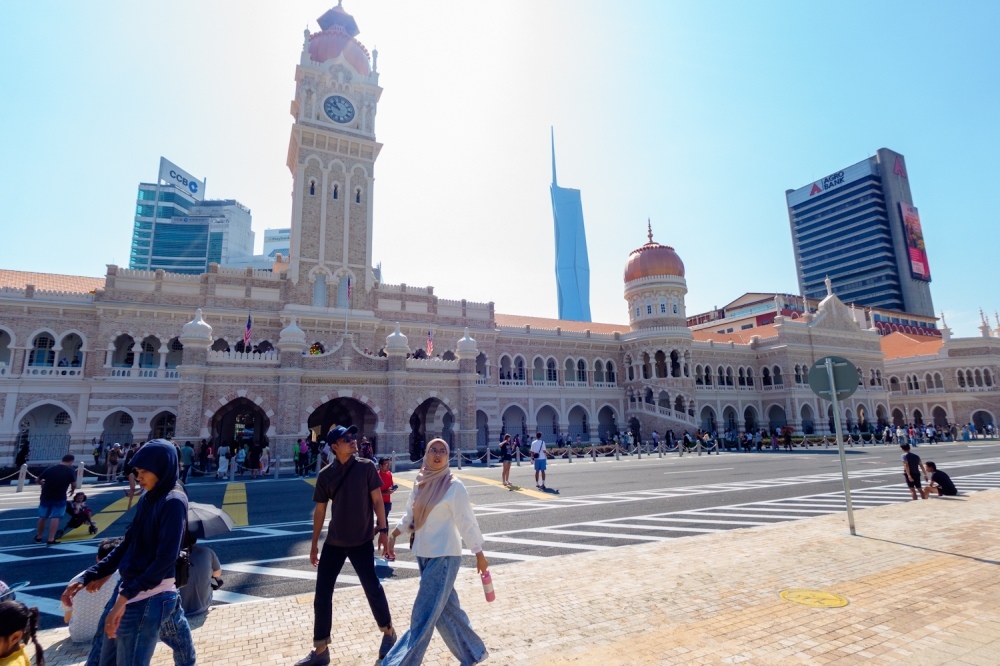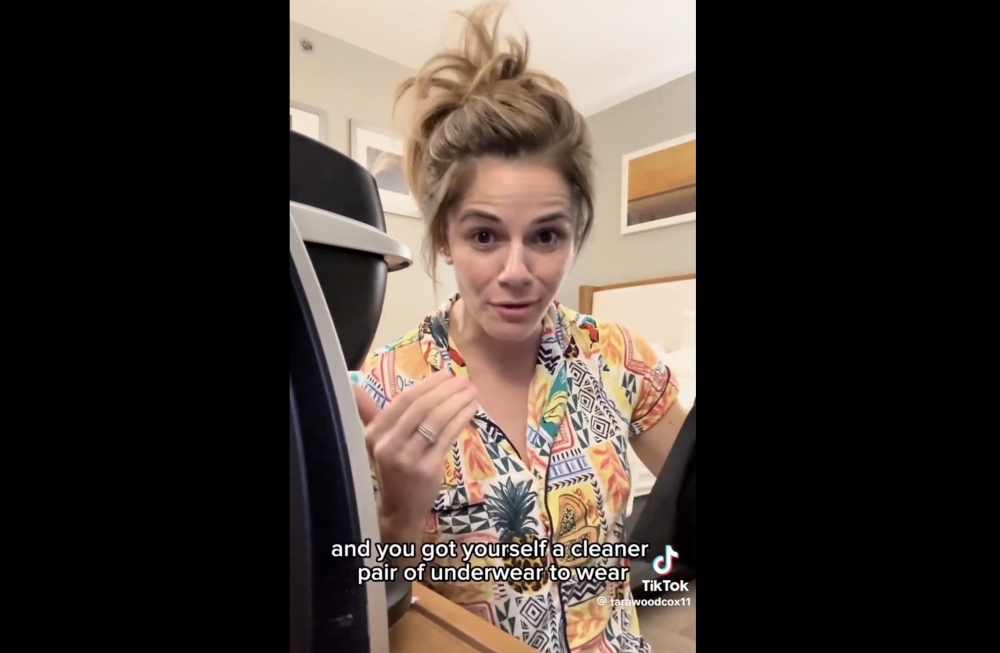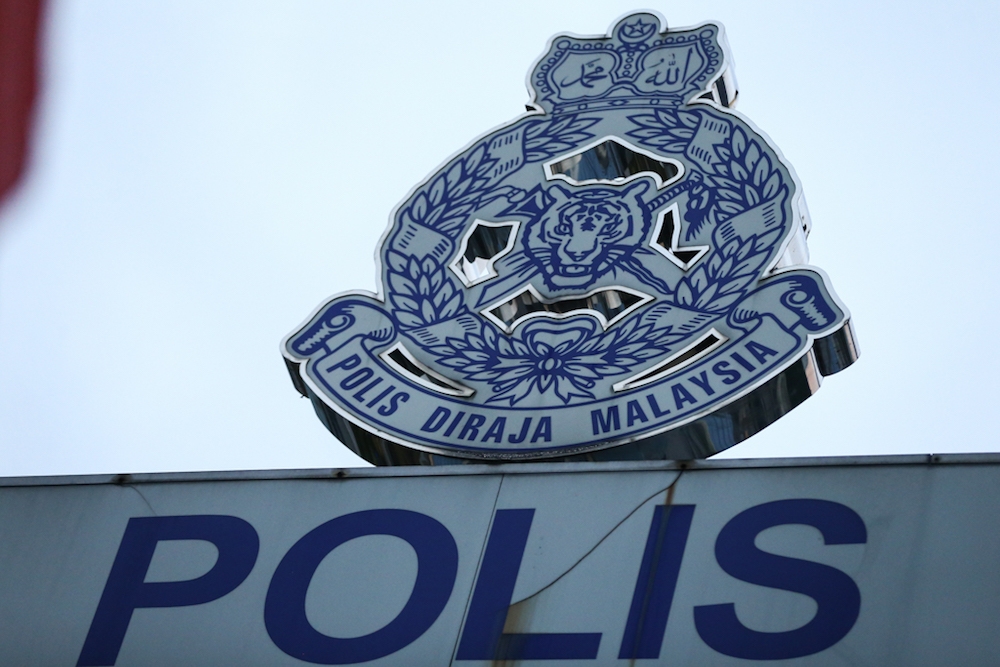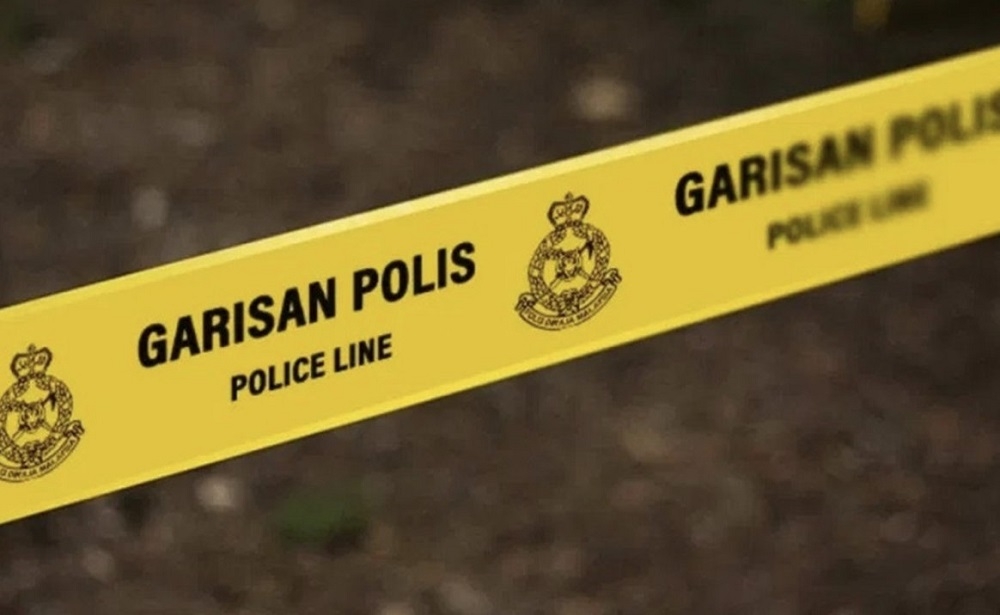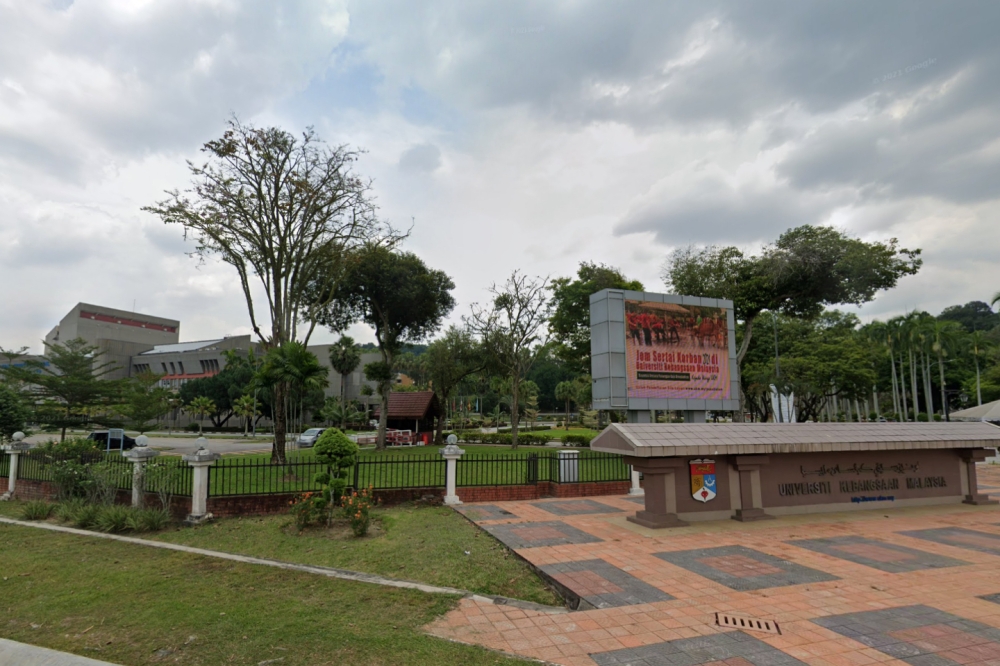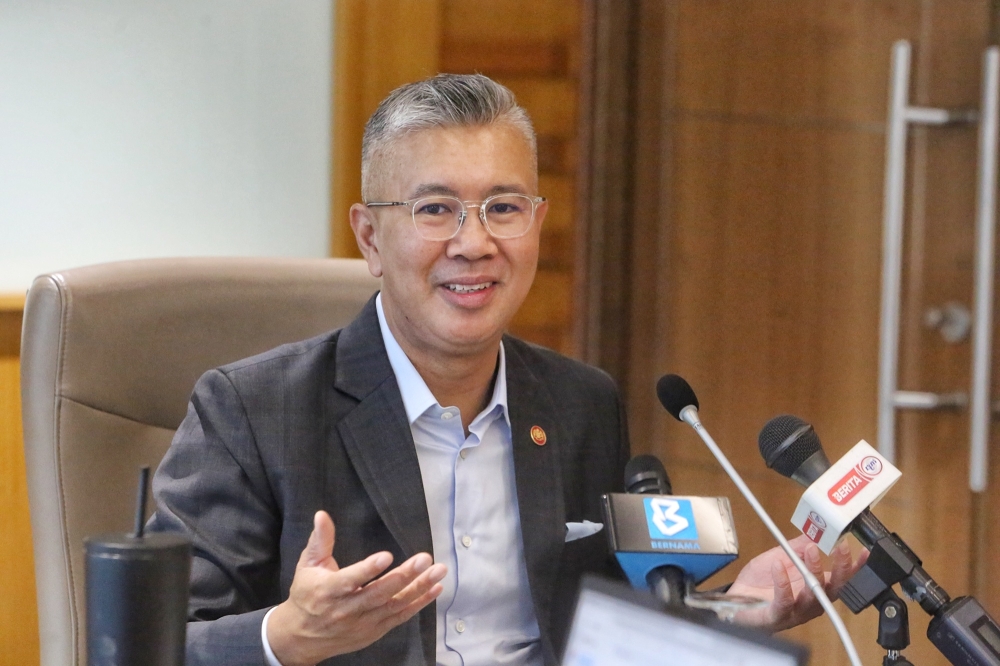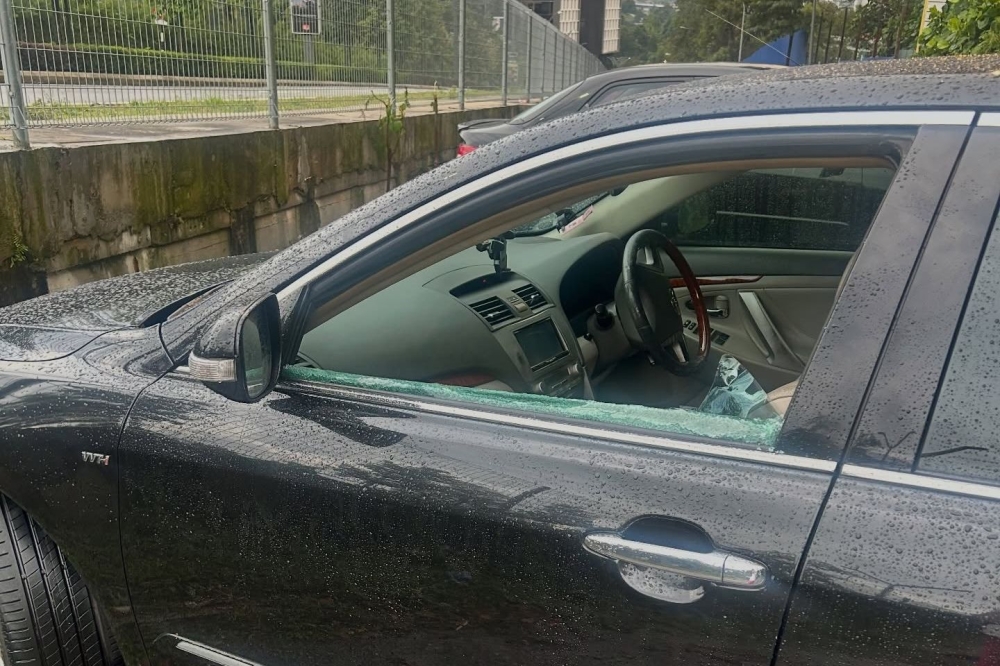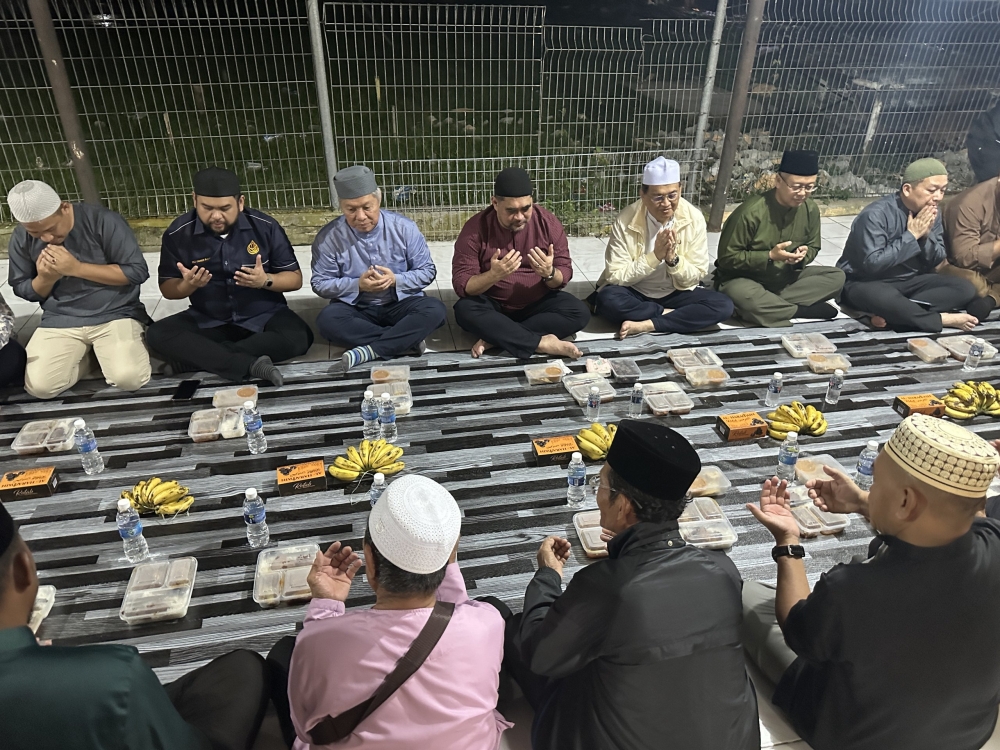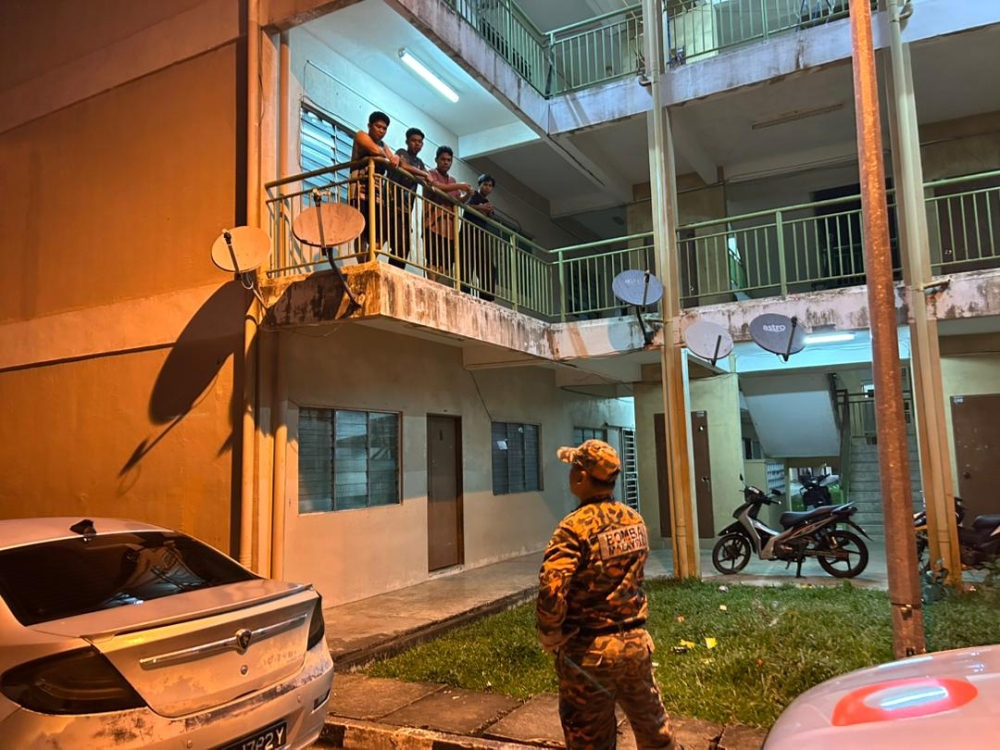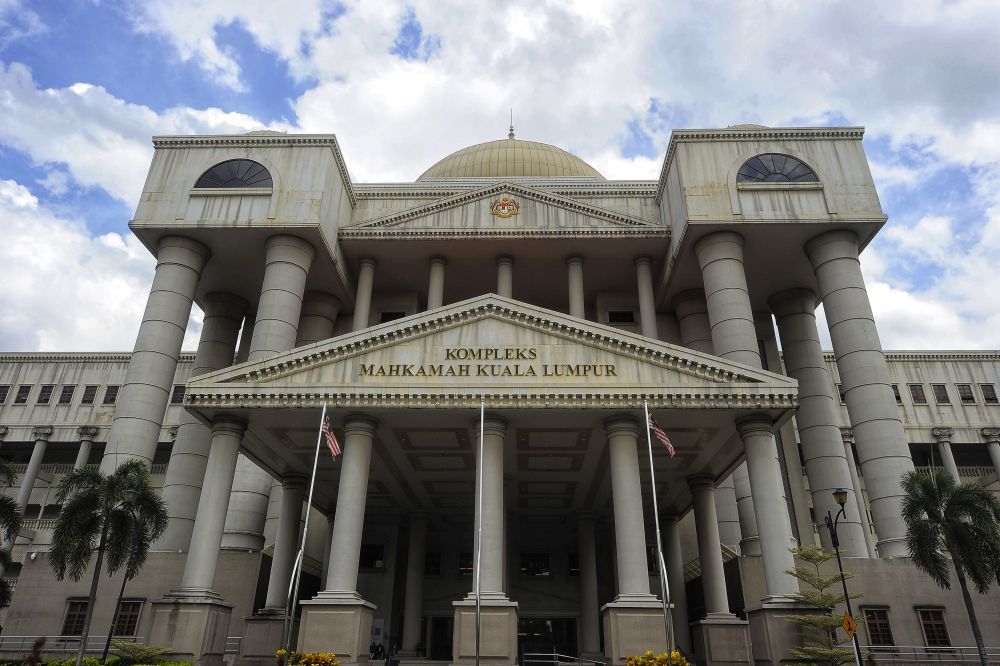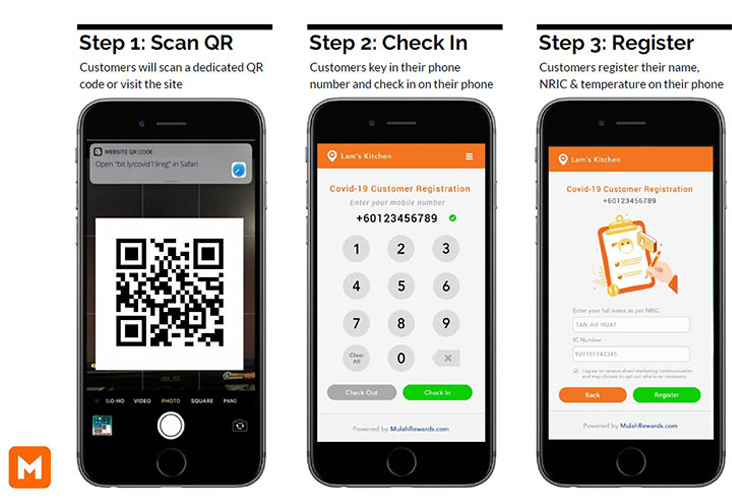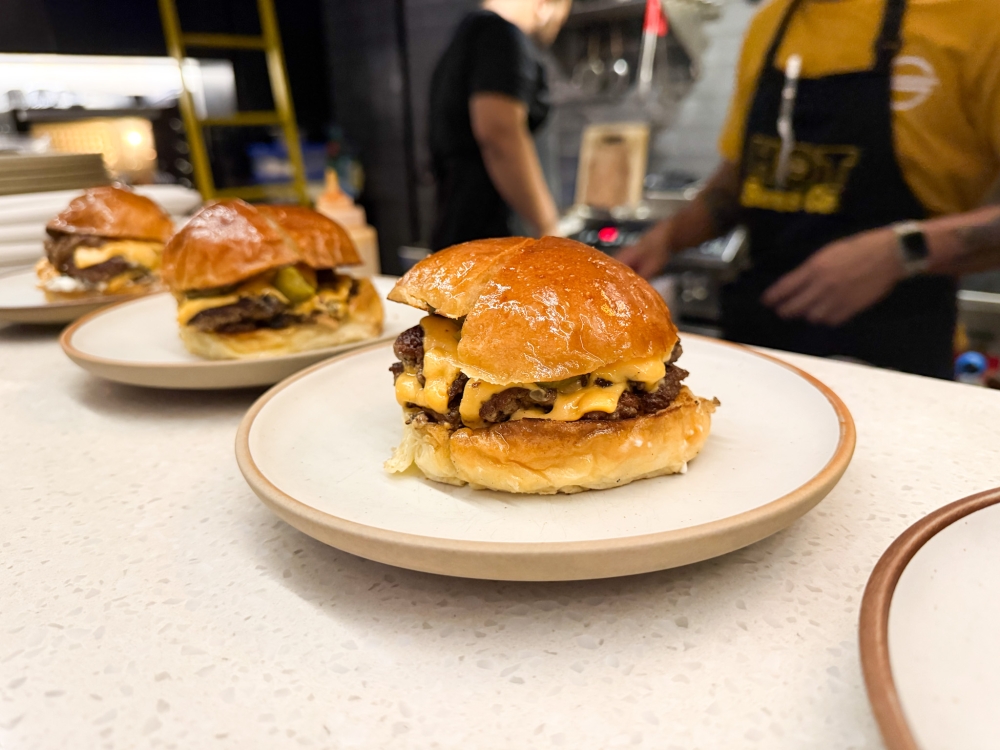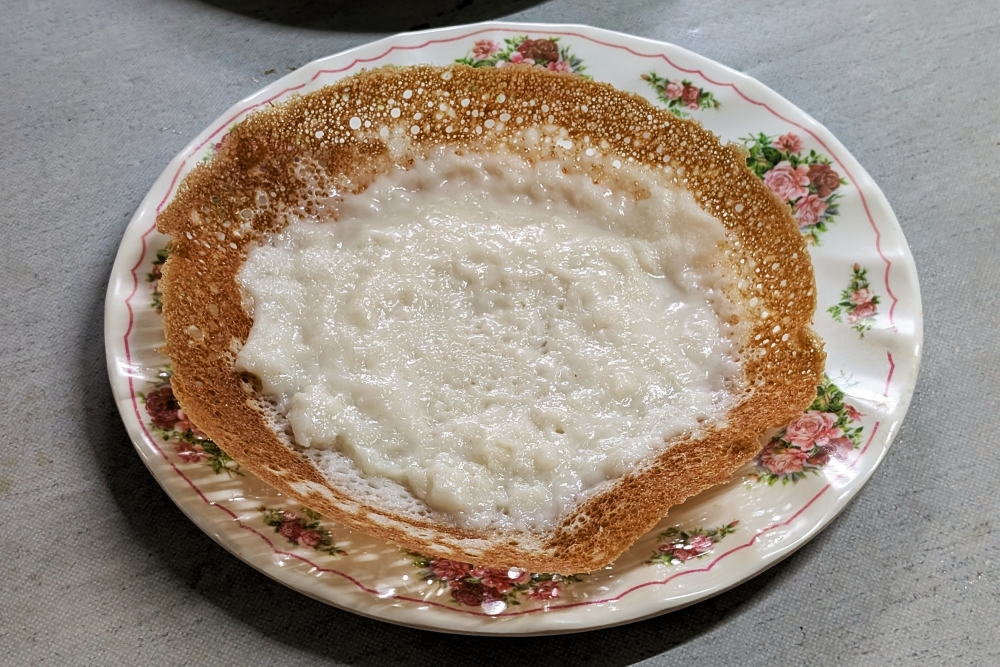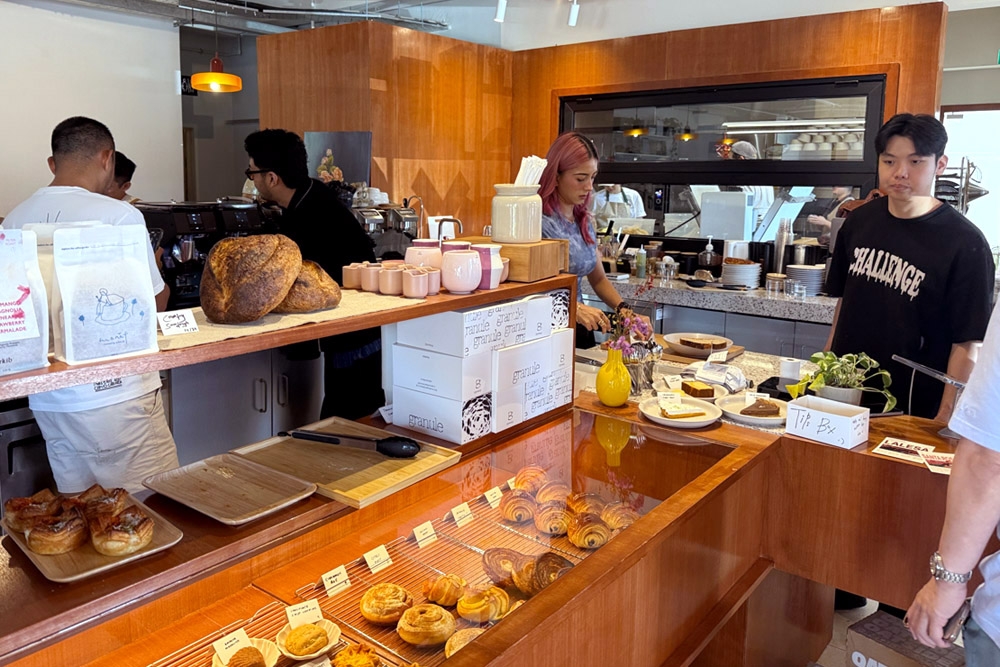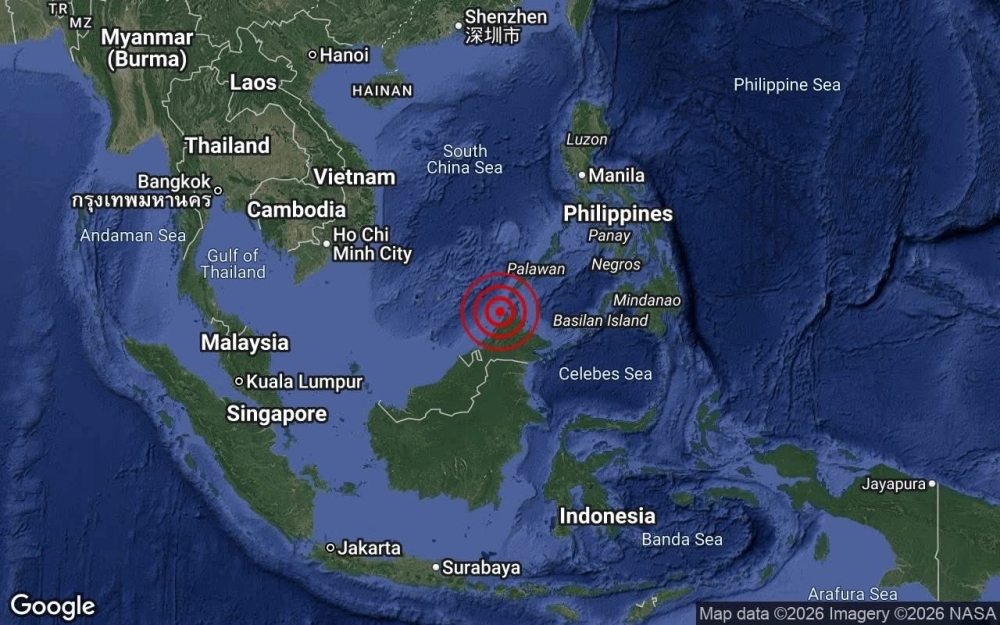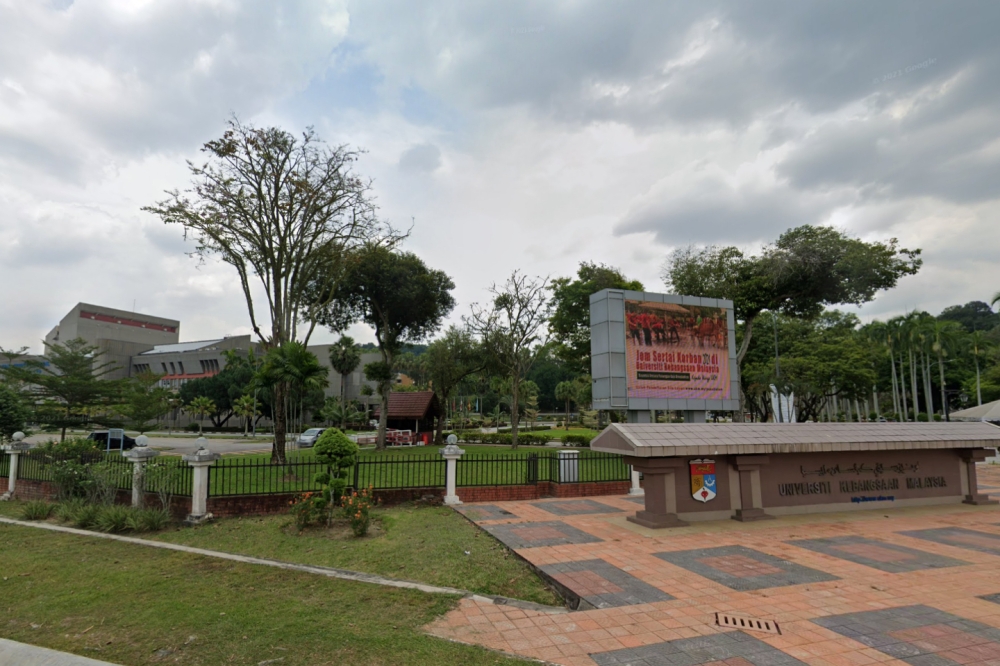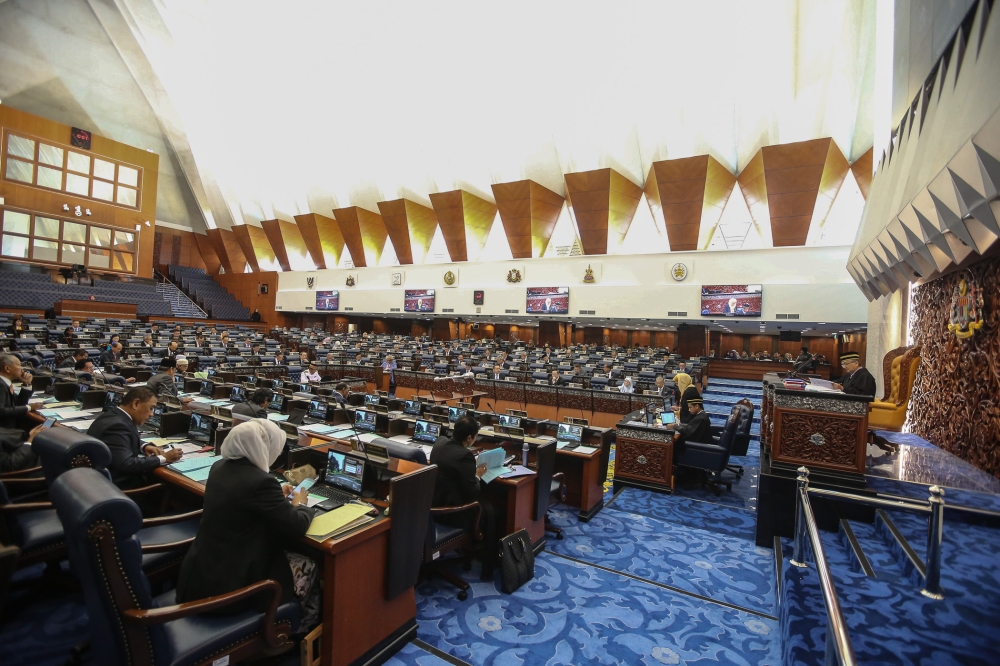KUALA LUMPUR, May 4 — There was change in the air. It was our last meal before the lockdown in New Zealand started. We were not greeted with warm smiles but forms to fill with our details: names, contact number, name of hotel.
“The authorities require it, I’m afraid,” the hostess at the front of house informed us. “Just in case. So we’d be able to contact anyone if anyone is affected.”
That was over a month ago. Now we’re back home in Malaysia and the Conditional Movement Control Order (CMCO) starts today.
Restaurants and cafes are now allowed to serve dine-in customers, subject to standard operating procedures which include social distancing and recording the names and telephone numbers of customers and the dates of their visit.
There’s a sense of déjà vu for us.
For the food and beverage (F&B) industry, however, which has been hit hard by the ongoing lockdown, even operating with conditions may appear to be a lifeline.
For customers, who have thus far been limited to takeaways and deliveries, it’s one step closer to life as it was before the Covid-19 pandemic forced a lockdown.
To ease the burden of F&B eateries registering customers, Mulah has created a Covid-19 Customer Walk-In Registry System targeted at restaurants and cafés.
Founded in 2016, Mulah is a homegrown customer relationship management (CRM) company that helps brick-and-mortar businesses collect and utilise their data to grow.
Mulah operations manager Samuel U says, “We have been in the brick-and-mortar niche for the past couple of years, and just want to serve and give back to the industry that has helped make our company a success so far – about 70 per cent of our clientele are from F&B!”
Since launching the system last Friday evening, close to a hundred brands with 250 outlets have already signed up within the first 24 hours.
These include Go Noodle House, Tai Thong Group, Nippon Sushi Group, Penang Chendul, Paradise Group, Vivo Pizza, Purple Cane Restaurants and others.
Short of being a full-fledged app, the web-based registry system is intuitive enough for the average user. First, the customers scan a dedicated QR code or visit the site. Next they key in their phone number and check in on their phone.
To complete the process, customers register their name, NRIC and temperature on their phones.
Participating restaurants and cafés are expected to have temperature scanners on site, which is common practice now at most F&B establishments and supermarkets.

For F&B business owners, getting started is a straightforward process too. According to Samuel, they simply need to fill in their outlet’s name and contact details on the registry website over at https://bit.ly/C19Registry. They will then receive their outlet’s QR code within 1-2 working days.
The main benefit of having customers scan a QR code instead of using pen and paper is to minimise physical contact between the customers and any physical objects.
By using their own phones, more customers can check in at the participating restaurants and cafés at the same time without needing to wait in line to register via the laborious pen and paper route.
Samuel further adds that businesses don’t have to download any app to use this system. He says, “You just need to have an A4 paper with your QR Code printed on it to use it.”
The covid19registry.com.my system automatically detects if customers are already checked in and will only allow customers who are already checked in to check out. Furthermore, customers don’t need to register their information each time they dine in.
Samuel says, “Customers only need to key in their name and NRIC — a requirement by Majlis Keselamatan Negara (MKN) — once. After that, they will only need to key in their phone number and temperature each time they visit the establishment. If the government does not require the NRIC in the future, we will remove it from the system as well.”
Perhaps the biggest selling point to cash-strapped F&B entrepreneurs is how Mulah promises that the Covid-19 Walk-in Customer Registry will be free for life. Samuel says, “We believe that the more we give back to this community, the more we will be rewarded in the long run – so long as the restaurant and retail industry grows, we will grow along, together.”
Nonetheless, one grey area remains — whether the restaurants and cafés will be able to use this data to reach out to their customers. Samuel observes, “If you do not ask for consent from the customer to use their data for marketing communication purposes, you should not be able to. However, we will include a consent for marketing communication checkbox for customers.”
For now, everything remains in a state of flux as the public adjusts to the day-to-day challenges of living with the new realities of Covid-19.
Every little bit of help can go a long way in returning things closer to normal, even if we may never go back entirely to the way things were before.
So, what’s a bit of registration then when you can enjoy your favourite meal safely and help your regular food spot survive?
Register for free at https://bit.ly/C19Registry. To learn more about Mulah, visit MulahRewards.com.

